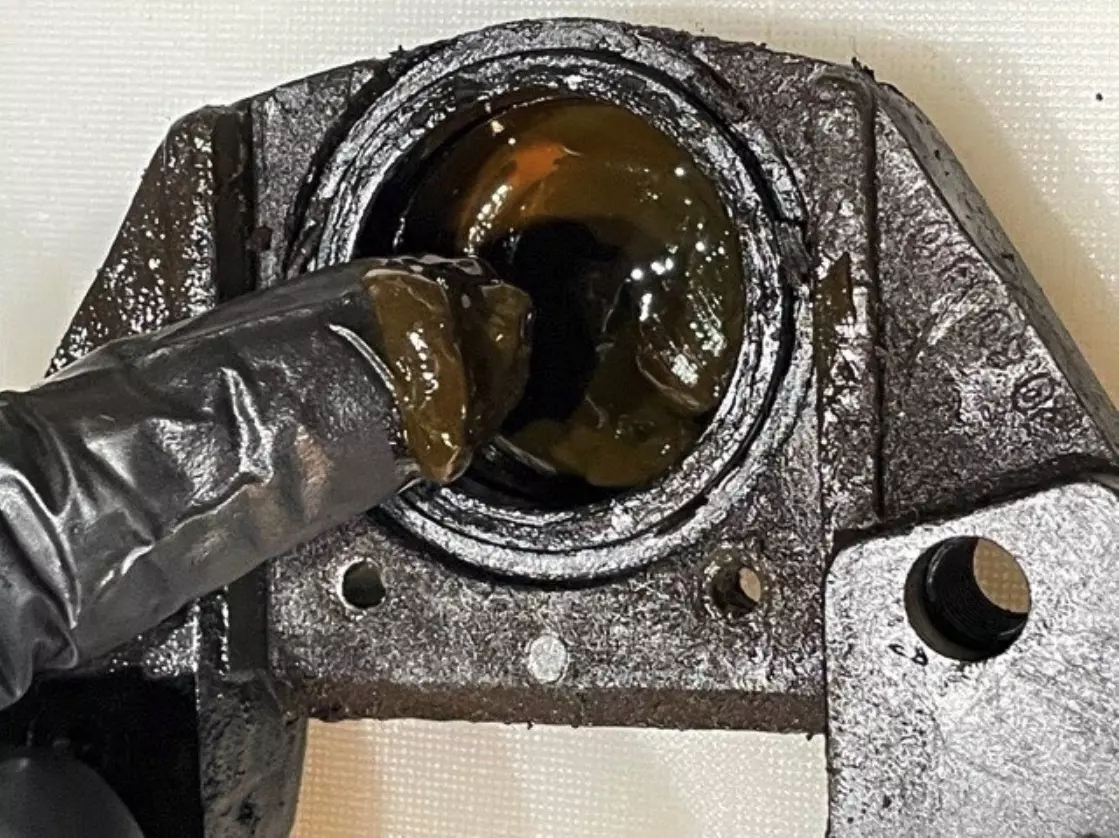
Martynn Randall is technical editor at Haynes and has been with us for 27 years. He's written more than 60 Haynes publications and has owned more than 85 cars and 60 motorbikes... so far!
When was the last time you changed the fluid in the brake or clutch hydraulic system? It’s probably not on your list of priorities, but there’s a good reason why changing it every couple of years is in every manufacturer's maintenance schedule: the hydraulic fluid absorbs moisture.
Over time the moisture level increases, which lowers the boiling point of the fluid. This isn’t noticeably a problem until one day, descending that long hill with the brakes applied, the fluid temperature exceeds its boiling point and air bubbles form.
The worst case scenario is that the brake pedal immediately sinks to the floor and the brakes fail. At the very least the pedal action becomes ‘spongy’, with little resistance, and poor brake performance.
If the fluid is left unchanged for a long time, it turns into a thick syrup, then eventually into a crystalised gel.
I’ve just dismantled a motorcycle that’s been stored in a garage for a few years. The brake just about still worked, but the front calipers were slow to release.
After splitting the calipers, this is what I found: a thick syrup...

When I took the master cylinder apart it was even worse: signs of crystallisation...

I’m amazed the brakes worked at all!
After discovering this lot, I was galvanised into action, and have now changed the hydraulic fluid in all my vehicles.
Don’t leave it too long - you never know when you might need that brake or clutch pedal.